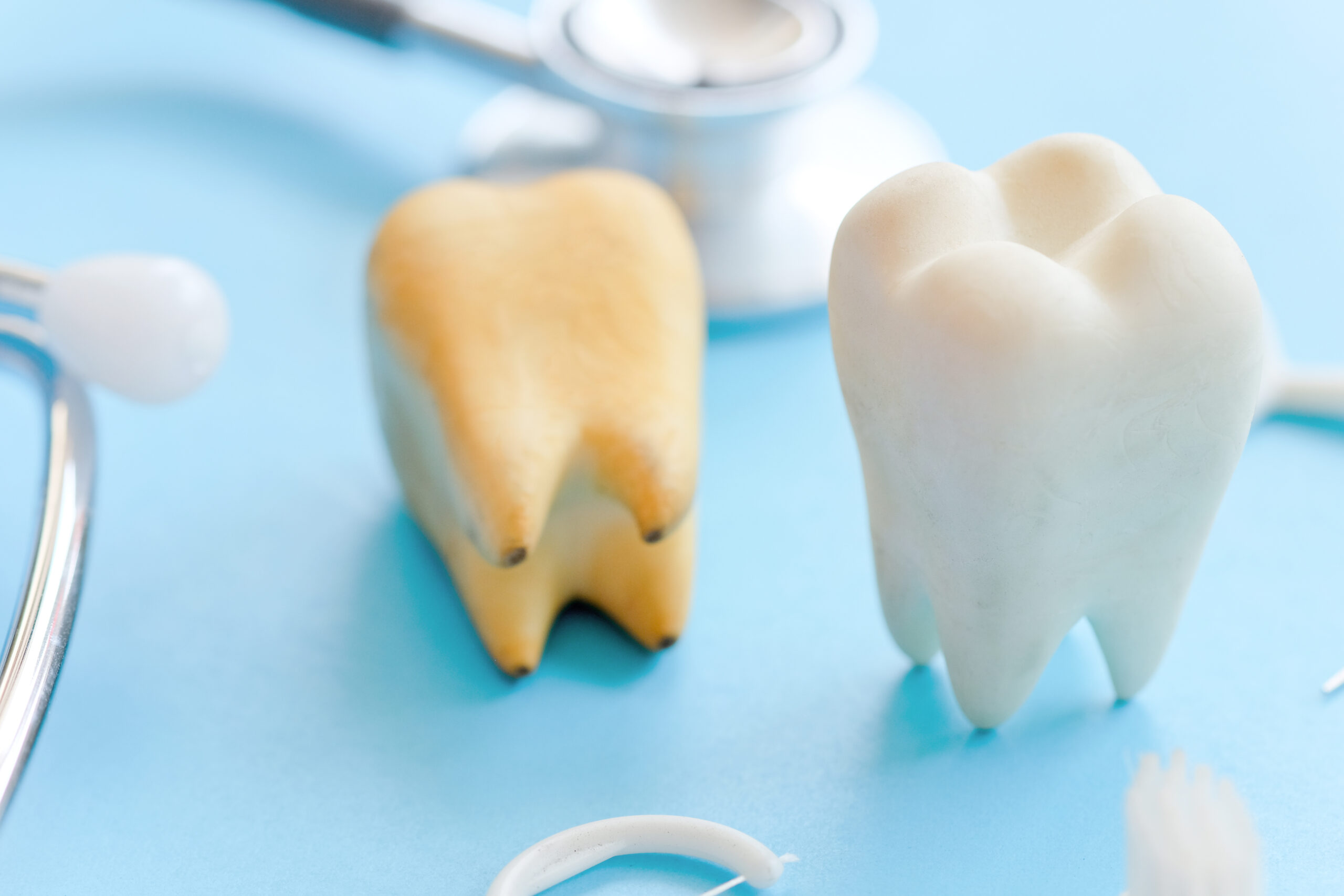Schedule your initial consultation today and begin your journey to a more beautiful, pain-free smile.

While our priority is always to preserve your natural teeth, there are times when an extraction may be the best solution for your oral health. This may be necessary due to trauma, a cavity too advanced to treat, or as recommended by your orthodontist to create space for proper tooth alignment.
Whatever the reason for the procedure, you can rest assured that your comfort is our top priority. Our team ensures that the procedure is carried out smoothly, with attentive care provided before, during, and after the extraction.
A dental extraction is the removal of a tooth from its socket in the jawbone. This procedure is necessary when a tooth is beyond repair, often due to decay, damage, or infection. In some cases, teeth are extracted for orthodontic reasons, such as to make room for braces or aligners. Extractions can also be performed to remove wisdom teeth, which may cause pain or other dental issues.
A dental extraction may be necessary in several situations:
Severe Tooth Decay: If a cavity is too extensive for a filling or root canal treatment.
Infection or Abscess: When an infection is spreading to the surrounding tissue and cannot be treated with antibiotics or a root canal.
Overcrowding: If there is not enough space in the mouth for all teeth, extractions may be performed before orthodontic treatments like braces.
Wisdom Teeth: Often extracted when they are causing pain, or posing a risk of infection or other dental problems.
Damaged Teeth: If a tooth is cracked or broken beyond repair.
Dental extractions are typically not painful because the area around the tooth will be numbed with local anesthesia. You may feel pressure during the procedure, but you should not experience pain. After the extraction, you may experience some soreness which can be managed with pain relievers and ice packs.
Initial healing after a dental extraction typically takes a few days. However, it may take several months for the bone and gum tissues to fully heal. Discomfort usually decreases after a few days, and most patients can resume normal activities. It is important to follow your dentist’s post-operative care instructions for proper healing.

Our goal is to help you achieve optimal dental health in a comfortable and pleasant environment.
Copyright © 2025 All Rights Reserved.